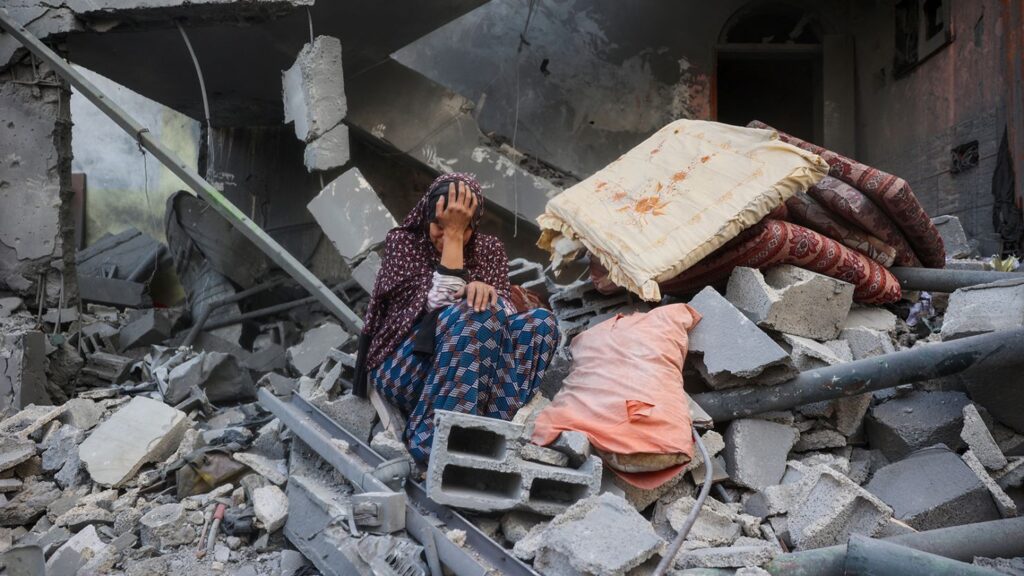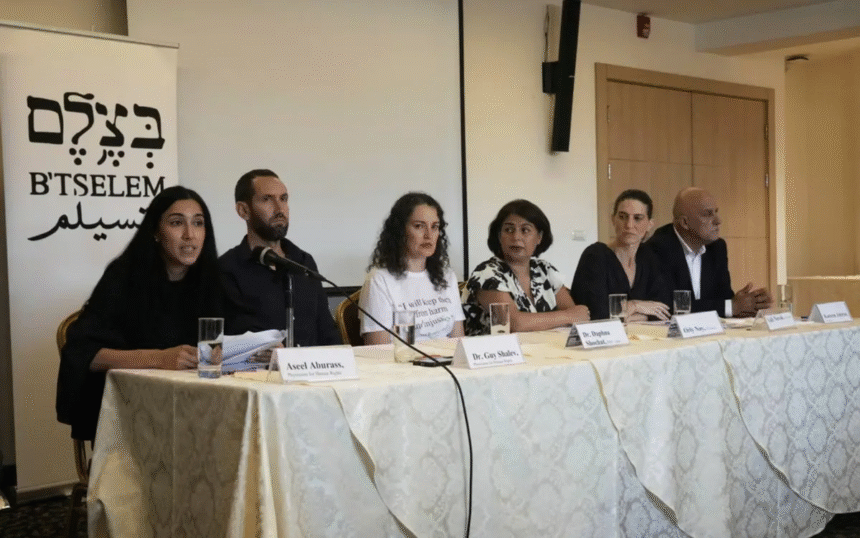In a historic shift, two of Israel’s leading human rights organizations B’Tselem and Physicians for Human Rights-Israel (PHRI) have issued formal accusations that Israel is committing genocide in Gaza. Released on July 28, 2025, these reports mark the first time such allegations have come from Israeli civil society itself, and they carry enormous legal, moral, and political weight
Who Says It & What They Found
- B’Tselem, in its report titled Our Genocide, describes the current military campaign as a “coordinated, deliberate” policy aimed at the destruction of Palestinian society in Gaza, citing nearly 60,000 deaths including 18,000 children
- PHRI focuses on the intentional dismantling of Gaza’s healthcare system, including destruction of hospitals, medical staff casualties, and mass starvation—behaviors that meet Article II(c) criteria of the Genocide Convention
Both groups point to official rhetoric—public statements by Israeli leaders endorsing displacement, destruction, and starvation—as evidence of genocidal intent
Why This Is Unprecedented
These are the first accusations of genocide issued from within Israel itself, breaking a societal taboo—especially given the Holocaust legacy that shapes Israeli identity and discourse. Unlike international NGOs, these groups are rooted in Israeli society and offer firsthand, witnessing perspectives
Their shift underscores shifting attitudes even within Israel and adds fresh urgency to global debates occurring at institutions like the International Court of Justice, where South Africa has filed a genocide case against Israel

Israel’s Response
The Israeli government has strongly rejected the genocide claims, calling them politically motivated and antisemitic. Officials maintain that military actions target Hamas militants, not civilians, and are legitimate self-defense measures post–October 7 attacks
The Broader Humanitarian Crisis
The reports arise amid dire humanitarian conditions in Gaza: UN officials have described aid deliveries as a “drop in the ocean”, and malnutrition-related deaths continue to rise, especially among children. Healthcare infrastructure is near collapse after years of siege and conflict
Various rights organizations, including Amnesty International, Genocide Watch, and the UN Independent Commission, have made similar claims—accusing Israel of intentionally creating conditions amounting to genocide under international law
What Happens Next?
- ICJ Case Progress: South Africa’s genocide case is underway, with Israeli responses due by January 2026. Pending judgments could set precedents for enforcement of the Genocide Convention
- Global Pressure Escalates: Calls for ceasefire, humanitarian corridor expansion, and aid enforcement are mounting among EU leaders and international coalitions like The Hague Group
- Domestic Tensions in Israel: Israeli civil society is polarized; rights groups face backlash for breaking the longstanding silence on genocide rhetoric. Public opinion remains deeply divided








